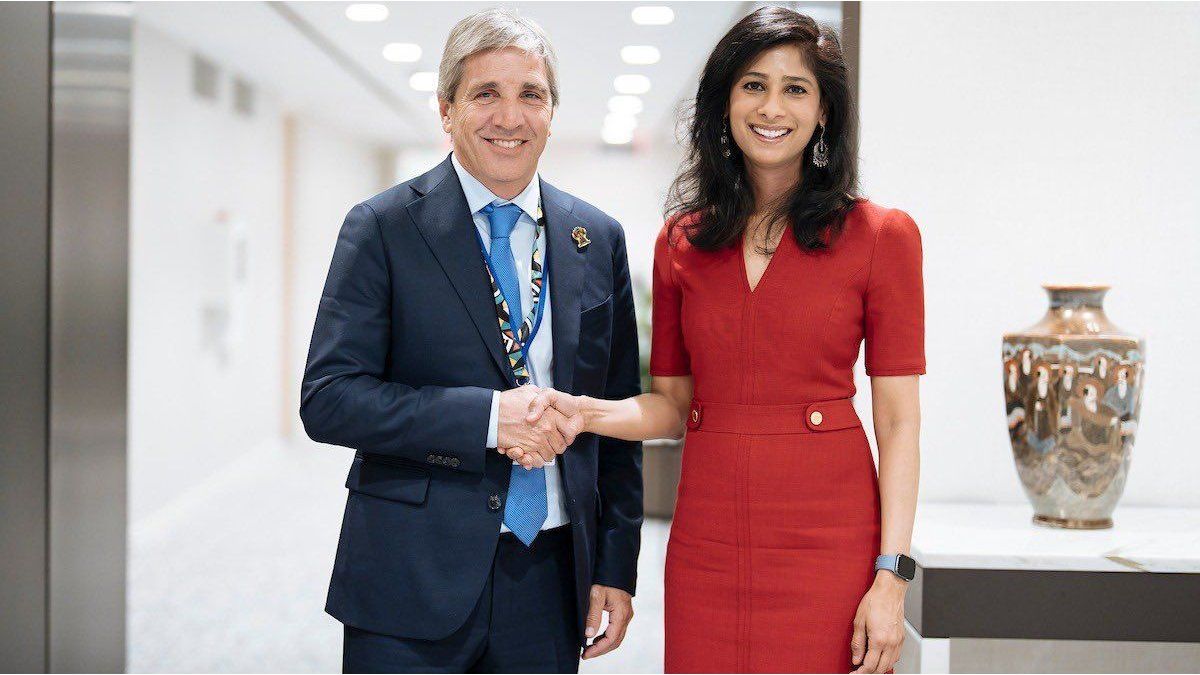The current context in our country, for the majority of people who manage to save, presents several challenges: high inflation, uncertainty about the dollar movement, various expectations about economic policies, and consequently, strong difficulties in being able to project in the medium and long term.
Therefore, perhaps the most worrying thing is that savers have been affected by these issues in recent years in our country. And instability must force us to be proactive and actively manage our portfolios, that basically allows us flexibility to adapt to political and economic changes and recurring crises.
How does context affect personal finances and why do people consume instead of invest?
On the other hand, it is a new reality also that today, and more accentuated after the 2020 pandemic, the majority of people – and more specifically young people – want spend, consume, live in the moment, take trips, and don’t plan too much.
At the same time, the pace at which we live also impacts the consumer and personal finance decisionsalong with the speed of the daily work schedule, the speed of technological changes, the impact of advertising and increased marketing on social networks, remote work, high turnover in job positions in companies and corporations, etc.
All these factors cause a change in the lifestyle of modern societyincrease people’s tendency towards short-term consumerism, affect personal economic decisions and make it difficult to think about long-term projects or objectives, 10, 20 or 30 years, for example.
Financial education, key to beginning the transformation
But how do we begin to transform our vision of short-term consumption into one of long-term investment and projects?
The financial education It can be a good ally to help start the transformation, and to better understand our personal economy. Also to plan. This does not mean not being able to treat yourself and consume in the short term, but it should allow you to have a more comprehensive and longer-term vision.
Always prioritizing financial health, maintaining habits that allow us to take care of our assets, not spending on unnecessary things, and fundamentally to be able to make investments that allow us to consistently increase our assets in the long term. A last point that provides solidity, tranquility and security.
Three keys to start investing in the capital market
Therefore, those who seek to consume in a controlled manner, protect your savings facing a challenging economic context of high inflation, and at the same time increase and enhance your capital or assets thinking beyond the short term, they must begin to make concrete actions. Here among several possible ones, we mention at least three:
The first, and we could say key, is to have clarity in personal finances and understand the importance of generating alternative sources of income – such as dividends, rents and passive income.
Another is the stay informed, and updated on local and international political and economic situation. As we said later, the flexibility to adapt to different scenarios, there is no doubt, adds up in times like the current one.
A third recommendation is identify unnecessary consumption habits, and search for efficiencies in recurring monthly expenses. At this point, you must always be able to maintain the same expense structure at a conceptual level; That is, try to control and maintain the same consumption monthly. However, this is achieved by knowing our personal economy well in advance.
As information to take into account: the possession of various credit cards and personal loans It can disorganize finances and increase the likelihood of unnecessary consumption.
On the other hand, and as you know, search invest surplus pesos (even if they are short term) in liquid and safe assets or instruments, which allow us to counteract – at least, in part – the effects of inflation. If we talk, for example, of a few days there are alternatives such as sureties and FCIs ““money market” or low risk, which allow us to offset some of the day-to-day price increases.
Even if it is difficult at first, ideally we should aim to create the habit of setting aside specific amounts monthly to place in passive management instruments (such as ETFs in dollars) for retirement or long-term projects. And it doesn’t matter if the amount is small, What matters is consistency.
PPI Financial Education Analyst
Source: Ambito
David William is a talented author who has made a name for himself in the world of writing. He is a professional author who writes on a wide range of topics, from general interest to opinion news. David is currently working as a writer at 24 hours worlds where he brings his unique perspective and in-depth research to his articles, making them both informative and engaging.




